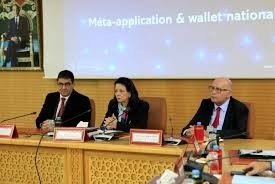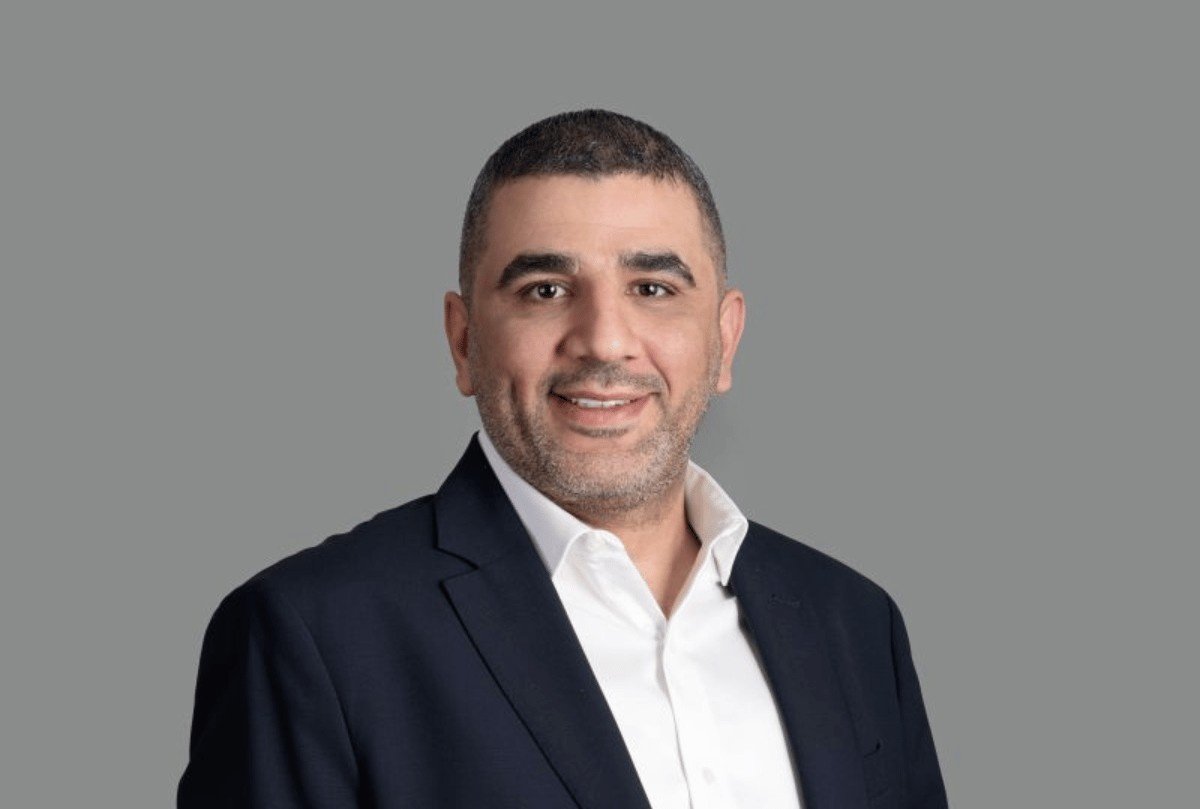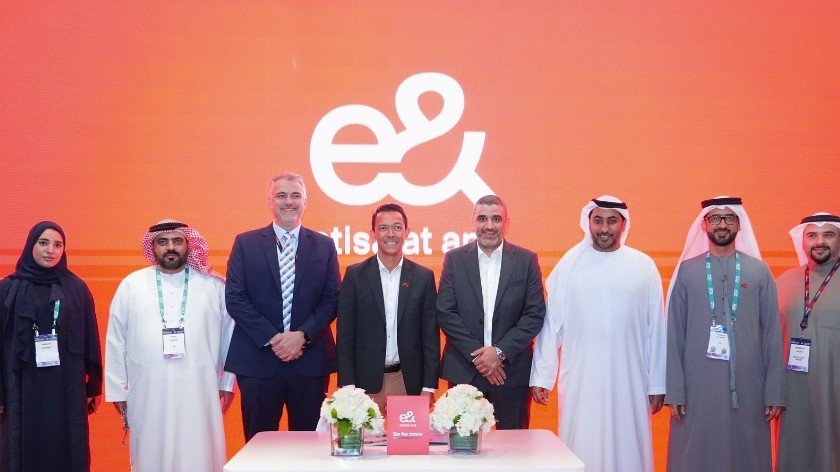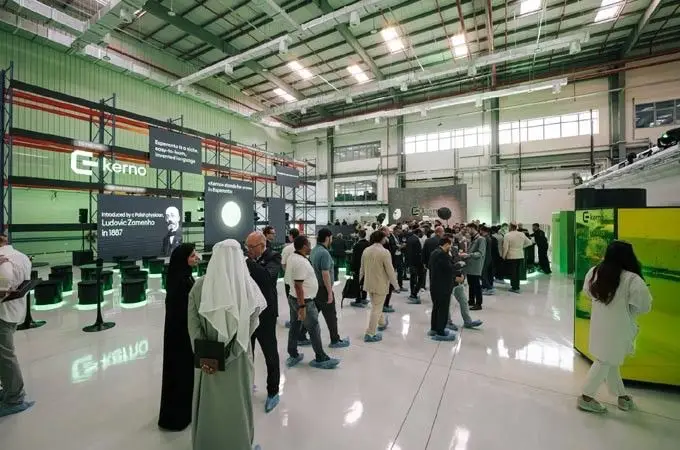Morocco’s Ministry of Industry and Commerce has introduced a new initiative aimed at supporting and financing the most promising industrial and technological cluster projects for 2025. The initiative is part of the national program to foster the growth of Moroccan clusters, inviting both new and existing projects to apply for government-backed funding.
Eligible clusters include those that have already benefited from public support for more than eight years. The initiative’s goal is to enhance governance structures that bring together companies, startups, research centers, and educational institutions to collaborate on projects that create substantial value.
Project leaders can access the program specifications at the Ministry’s headquarters in Rabat or download them from the official website. The deadline for applications is July 24, 2025, at 3:00 PM.
Morocco’s industrial and tech landscape has seen significant progress, largely driven by the New Investment Charter. The charter has played a pivotal role in attracting investment across various sectors, with the charter’s funding reaching MAD 140 billion ($13.58 billion) between May 2023 and November 2024. This initiative strengthens industrial competitiveness in the country.
In 2024, Morocco further boosted its industrial prospects by partnering with the International Finance Corporation (IFC) to encourage investment inflow and expand Moroccan businesses across Africa. Additionally, a recent report titled “Africa: The Big Deal” revealed that Moroccan startups raised $70 million in the previous year, further solidifying the country’s growing role in technology.
In addition to these initiatives, Morocco is positioning itself as a central player in industrial and tech investment, pushing for growth and competitiveness among local companies. Minister of Economy and Finance, Nadia Fettah, emphasized the country’s unique role as a connector between Africa, Europe, and the United States. She highlighted Morocco’s strategic location, its free trade agreements, and its strong infrastructure, which includes world-class ports, airports, and highways.
Fettah also noted that the country’s diverse economy, spanning industries like agriculture, tourism, and food processing, is bolstered by reforms designed to attract private investors. The government’s focus on public-private partnerships, especially in energy, water, and industry, reflects a belief in the private sector’s critical role in driving job creation and long-term growth.















